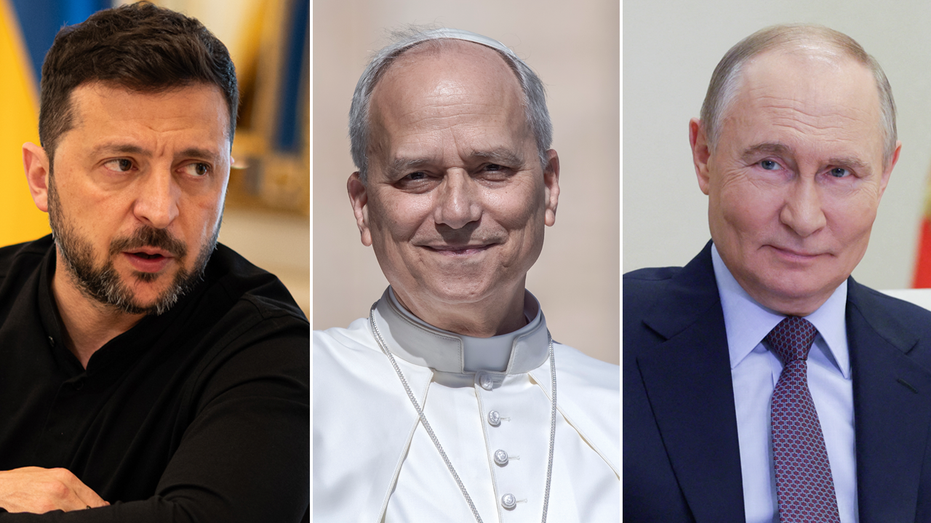Pope Francis Urges Peace in Ukraine During Call with Vladimir Putin
Pope Leo and Putin discuss Ukraine conflict amid rising tensions and accusations of escalation.

Pope Leo XIV made a groundbreaking diplomatic move on Wednesday, reaching out directly to Russian President Vladimir Putin in a personal phone call, marking the first official communication between the newly appointed pontiff and the Kremlin. The historic conversation comes at a critical moment in the ongoing war in Ukraine, with the humanitarian crisis deepening and calls for dialogue growing ever more urgent.
The Vatican confirmed that Pope Leo XIV used the discussion to underscore the "importance of dialogue" in seeking an end to the hostilities. However, it remains unclear if the pope pushed Putin to engage in direct talks with Ukrainian President Volodymyr Zelenskyy, something the Russian leader has steadfastly refused to do since the conflict’s escalation. Despite the ambiguity surrounding the specifics, the pope’s involvement signals renewed efforts from the Holy See to serve as a potential mediator in the region.
During the exchange, both leaders addressed a range of critical issues including the dire humanitarian situation, possible prisoner exchanges, and the urgent need for international aid. Yet tensions flared as Putin reportedly accused Kyiv of seeking to escalate the war, directly referencing the latest wave of attacks against infrastructure within Russian territory. The Russian president cited an incident this week involving the Kerch Bridge, which links Crimea—annexed by Moscow in 2014—to mainland Russia, and serves as a vital military and civilian artery. The bridge was reportedly targeted by Ukrainian forces in a dramatic underwater blast, further intensifying accusations between both countries.
Putin described Ukraine’s actions as "sabotage against civilian infrastructure," while also referencing recent Ukrainian drone strikes that led to the destruction of dozens of Russian military aircraft. The string of attacks not only marked a significant blow to Russia’s military capabilities but also raised the stakes for any future peace negotiations. In the aftermath, President Putin was said to have cast doubt on the value of peace talks, despite international appeals for constructive engagement to halt the violence.
On the same day, Russia launched a retaliatory drone strike, resulting in the deaths of five people in Ukraine—a development that further underscores the cycle of escalation. Critics continue to assert that the Kremlin is not negotiating in good faith, noting Russia’s persistent drone and missile attacks on Ukrainian cities in recent weeks.
In a notable addition to the readout after the call, the Kremlin requested that the Vatican "take a more active role" in advocating for religious freedom for members of the Ukrainian Orthodox Church, an institution with deep historical ties to Russia. This appeal comes as Ukrainian authorities proceed with criminal cases against clergy suspected of harboring loyalties to Moscow, adding another complex dimension to the conflict.
The ongoing war has also led to serious allegations of religious oppression. Ukraine’s foreign ministry recently accused Russian occupying forces of destroying hundreds of churches in seized territories, with reports stating that at least 67 clergy members have been killed since the outbreak of full-scale war. These stark figures highlight the profound human cost of the conflict, and the pressing need for new avenues toward peace.




